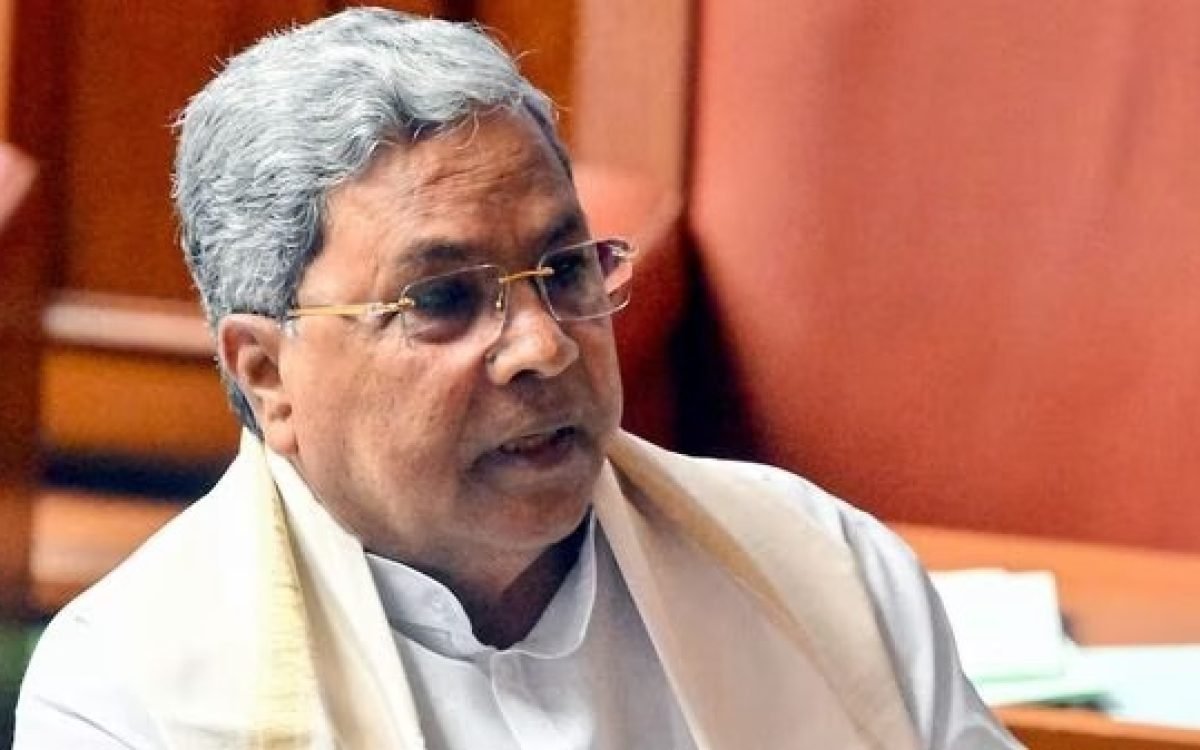The Karnataka Assembly’s recent passing of the ‘Karnataka Hindu Religious Institutions and Charitable Endowments Bill 2024’ has ignited a fiery debate, fueling political tensions and ideological clashes across the state. This legislation, aimed at restructuring temple finances, has become the focal point of contention, drawing sharp criticism and accusations from various quarters.
Under the provisions of the bill, temples in Karnataka generating revenues exceeding ₹1 crore are mandated to allocate 10 percent of their net income to the government. Similarly, temples with incomes ranging between ₹10 lakh and ₹1 crore are required to contribute 5 percent of their earnings. These financial directives have triggered a wave of dissent, particularly from leaders within the Bharatiya Janata Party (BJP), who perceive the bill as an assault on Hindu institutions and their autonomy.
Vijayendra Yediyurappa, Karnataka BJP president, has been vocal in denouncing the government’s move, labeling it as a thinly veiled attempt to exploit temple funds for political gain. His scathing remarks underscore a broader concern regarding the equitable treatment of religious institutions under the state’s governance framework. Yediyurappa’s sentiments echo the sentiments of many who fear the erosion of religious freedoms and financial autonomy.
Joining the chorus of criticism, Union Minister and BJP leader Rajeev Chandrasekhar has characterized the bill as a manifestation of the ruling party’s moral bankruptcy and disregard for religious sensitivities. His condemnation underscores the deep-seated divisions that permeate Karnataka’s political landscape, exacerbating tensions and impeding constructive dialogue.
In response to mounting pressure, Chief Minister Siddaramaiah has sought to clarify the government’s intentions, emphasizing the bill’s objective of promoting transparency and accountability in temple finances. He refutes allegations of political vendetta, portraying the amendments as a pragmatic step towards ensuring equitable resource allocation across religious institutions.
As the debate intensifies, it underscores the imperative for inclusive governance and transparent decision-making processes. Karnataka’s religious and cultural diversity demands a nuanced approach that respects the rights and sensitivities of all communities while upholding constitutional principles.
Amidst the political storm, stakeholders must prioritize dialogue and collaboration to address concerns and forge consensus on the way forward. The resolution of this contentious issue will not only shape the future trajectory of temple governance but also reflect Karnataka’s commitment to pluralism, democracy, and the rule of law.









